Secret of solar system may lie within Ryugu Asteroid
While studying the chemical composition of the Ryugu Asteroid, scientists can find out how the solar system was formed. Here’s what the study says.
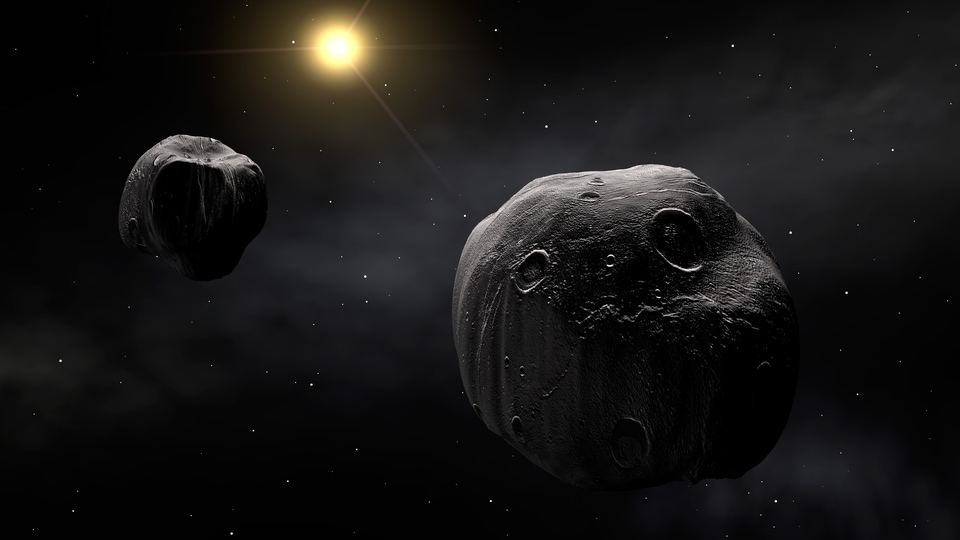
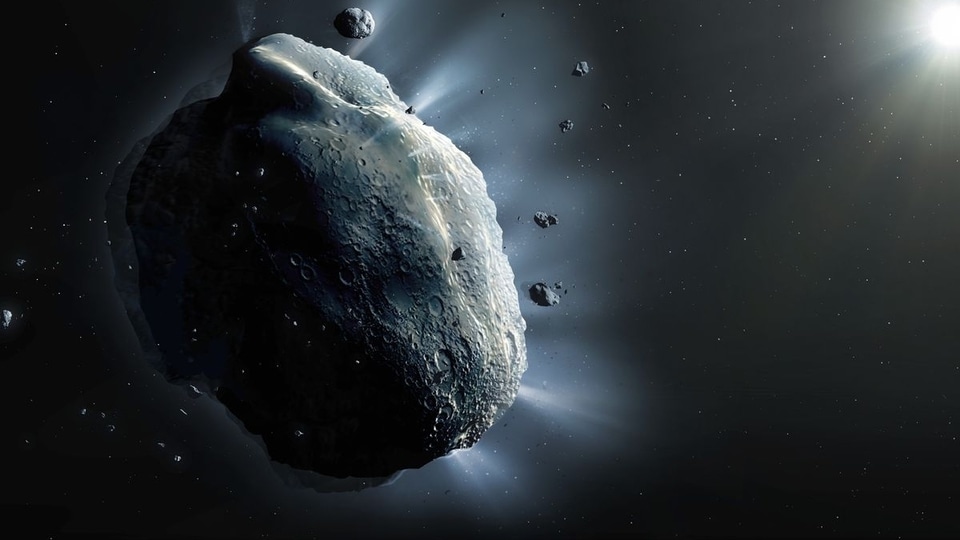
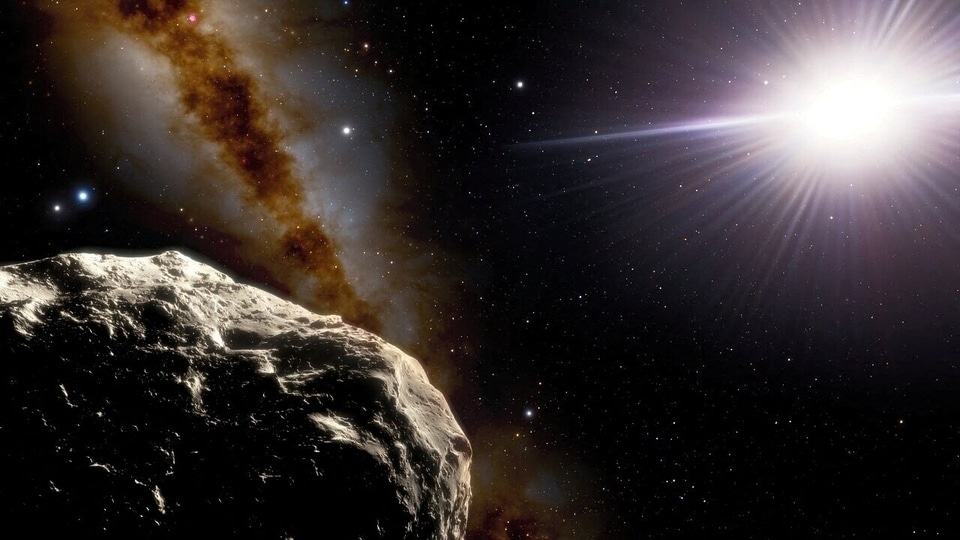
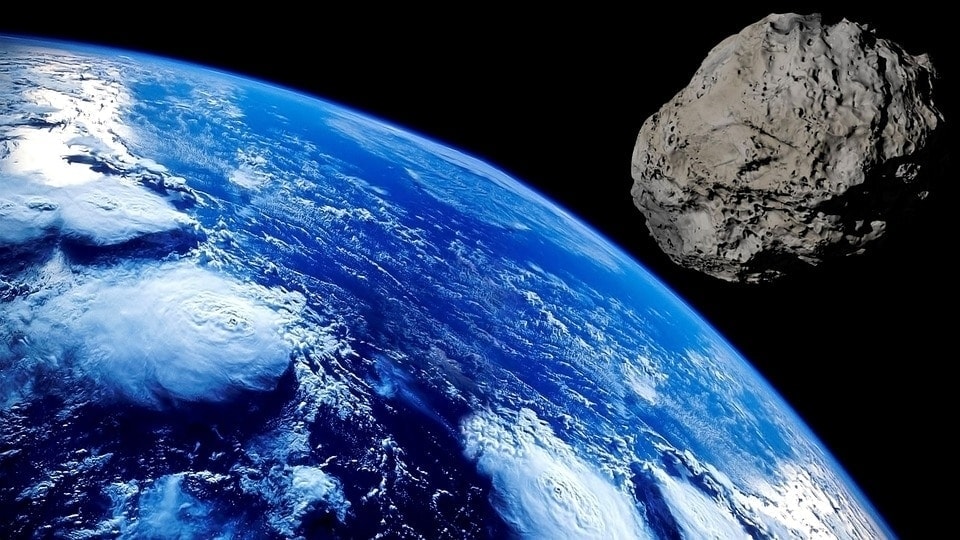
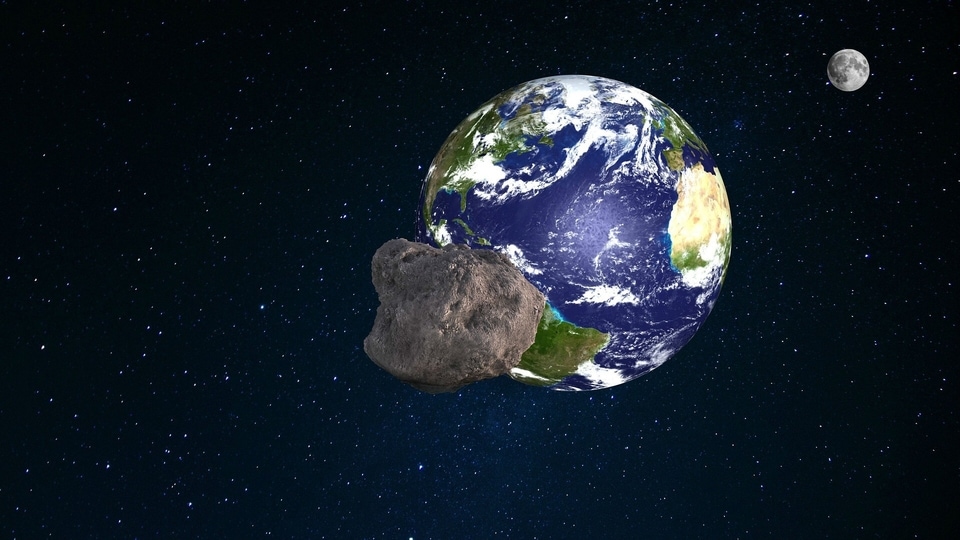
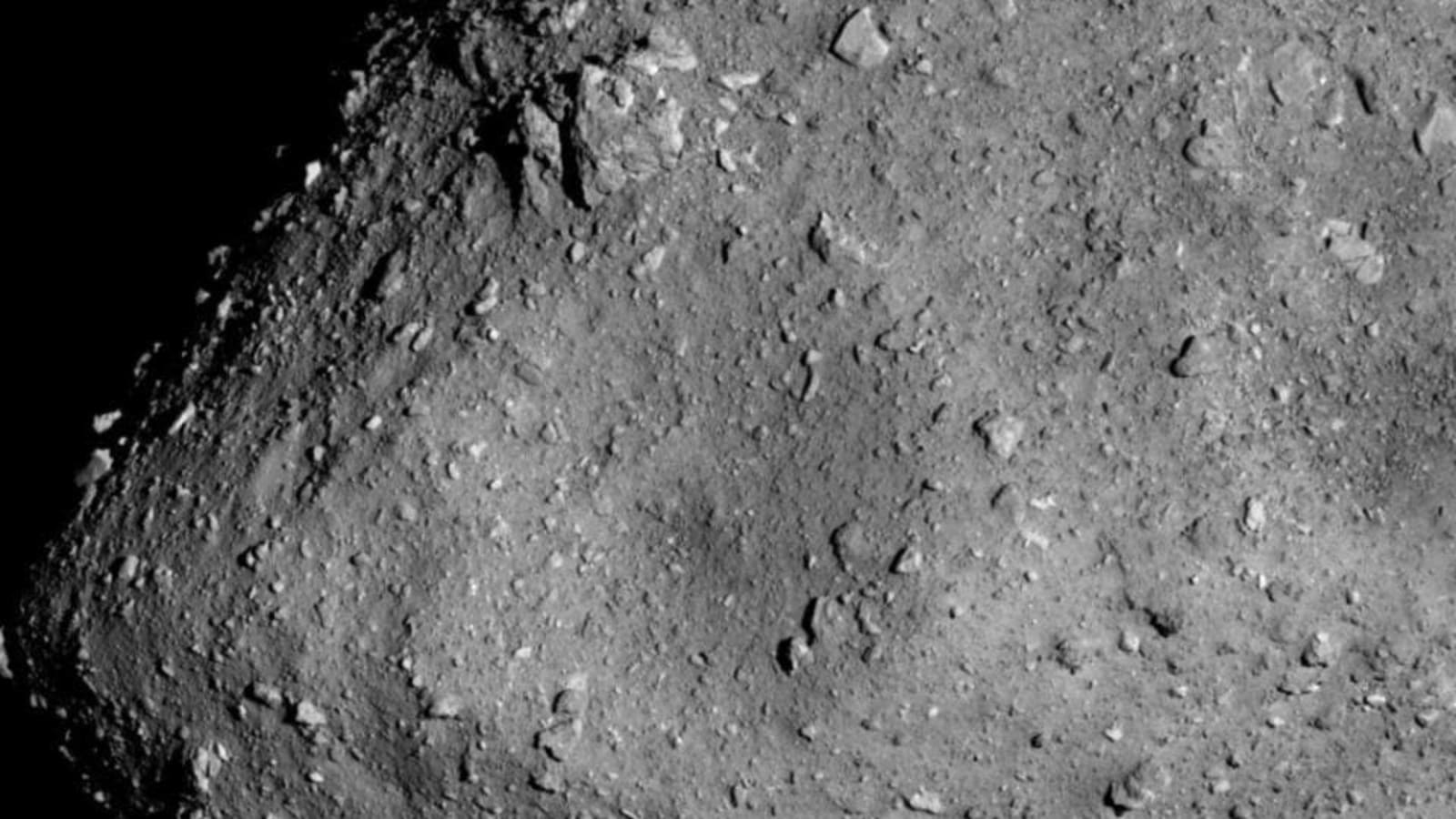
 View all Images
View all ImagesAsteroid Ryugu is a diamond-shaped space rock that may hold several secrets about the formation of our solar system. In research recently published in Nature Astronomy, scientists used mineral samples from the Ryugu asteroid to understand the chemical composition of our solar system in its early stages of around 4.5 billion years ago. The sample was collected by Japan's Hayabusa2 spacecraft. “Scientists using isotopic analysis discovered that carbonate minerals from the asteroid were crystallized through reactions with water, which originally accreted to the asteroid as ice in the still-forming solar system, then warmed into liquid,” the report mentioned.
Scientists say that these carbonates were formed way too early, within the first 1.8 million years of the solar system's existence. These samples also preserve a record of the temperature and composition of the asteroid's aqueous fluid for earlier times. The result of the study surprised the researchers as most asteroid aggregation models would predict assembly over longer periods, which results in the formation of bodies at least 50 kilometers in diameter.
However, it must be noted that the asteroid Ryugu is currently only about 1 kilometer in diameter. This is due to a result of collisions and reassembly throughout its past. Researchers note that “any larger asteroid formed very early on in the solar system would have been heated to high temperatures by the decay of large amounts of aluminum-26, a radioactive nuclide, resulting in the melting of rock throughout the asteroid's interior, along with chemical differentiation, such as the segregation of metal and silicate.”
However, Ryugu shows no evidence of that. Moreover, the chemical composition shows mineralogical compositions which were found in the most chemically primitive meteorites, said to be formed in the outer solar system.
Why Ryugu is an important asteroid to study solar system formation
This carbon-rich Ryugu asteroid is the first C-type asteroid, where C means “carbonaceous”. What makes it special is that unlike meteorites it has not had potentially contaminating contact with Earth. Hence, while analyzing the chemical fingerprints of the asteroid's sample, researchers and scientists understand not only how asteroid Ryugu was formed but where it was formed.
Catch all the Latest Tech News, Mobile News, Laptop News, Gaming news, Wearables News , How To News, also keep up with us on Whatsapp channel,Twitter, Facebook, Google News, and Instagram. For our latest videos, subscribe to our YouTube channel.






























